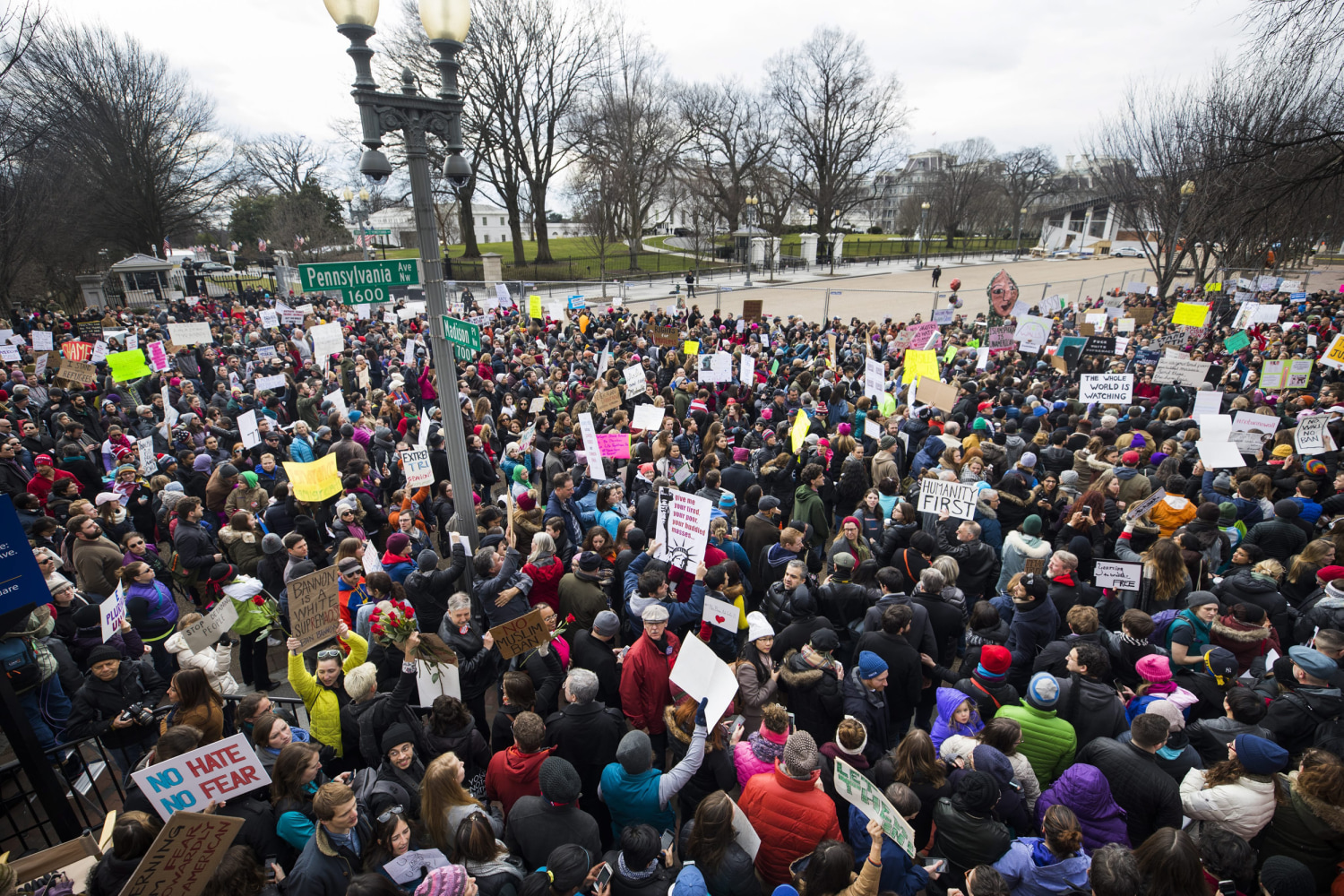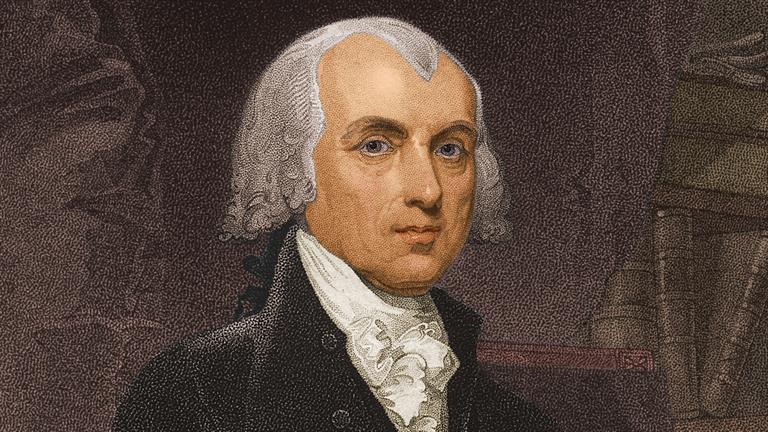Congress shall make no law respecting an establishment of religion, or prohibiting the free exercise thereof; or abridging the freedom of speech, or of the press; or
1st Amendment / Freedom of Assembly
There's also stuff about the Freedom of the Press.
What the freedom of assembly means

The Freedom of Assembly defends the right to peacefully meet with anyone. It also allows people to use crowds to spread messages. The freedom lets anyone meet and talk about any topic without worrying about getting in trouble.
However, it doesn't allow people to assemble if the meeting will hurt other people, cause chaos, or take advantage of violence. Permits are required to protest so protesters and people being protested against can stay safe and civilians have enough space.

The origins of the first amendment
The first amendment was written in 1789 and ratified into law in 1791, proposed by James Madison. It was made to prevent a national religion, allow criticizing the government, and have more open debates. The framers didn't highlight the basic freedoms in the Constitution, thinking it was unnecessary.

De Jonge v. State of Oregon
Dirk De Jonge held a meeting in Portland, Oregon that was sponsored by a Community party. The police raided his meeting and arrested him for violating Oregon's anti-Communist laws.
De Jonge then brought the issue to the Supreme Court, stating that Oregon's criminal syndicalism law, which prevented Communists from having an effect on the labour force, violated due process clause in the 14th amendment. Although the 1st amendment only restricts the federal government from intruding, De Jonge won.
Controversies over the freedom of assembly
Not everyone is certain if camping in a park after closing hours is protected by the freedom of assembly, which was demonstrated in Occupy Wall Street, where protesters camped at Zuccotti Park for a month.

The Freedom of Assembly lets students congregate with their friends without having to worry about being punished. If there is anything shady with the government, this freedom allows people to discuss how to improve it.
Works cited
“About the First Amendment.” First Amendment Center, www.firstamendmentcenter.org/about-the-first-amendment/.
Conway, John Richard. A Look at the First Amendment: Freedom of Speech and Religion. Berkeley Heights, NJ, MyReportLinks.com Books, 2009.
“De Jonge v. Oregon.” Oyez, IIT Chicago-Kent College of Law, www.oyez.org/cases/1900-1940/299us353.
"Dejonge v. Oregon 1937." Supreme Court Drama: Cases That Changed America, edited by A Walton Litz, et al., vol. 1: Freedom of Assembly & Association/Freedom of the Press/Freedom of Religion/Freedom of Speech/Right to Privacy, UXL, 2001, pp. 6-10. U.S. History in Context, link.galegroup.com/apps/doc/CX3457000014/UHIC?u=oldt1017&xid=90d97c28. Accessed 30 Jan. 2017.
Inazu, John, and Burt Neuborne. “Right to Assemble and Petition.” The 1st Amendment of the U.S. Constitution, National Constitution Center, constitutioncenter.org/interactive-constitution/amendments/amendment-i/assembly-and-petition-joint/interp/34.
Jones, Molly. The First Amendment: Freedom of Speech, the Press, and Religion. New York, Rosen Central, 2011.
Paulson, Ken. “Freedom to Assemble, Not Camp out Indefinitely.” First Amendment Center, www.firstamendmentcenter.org/freedom-to-assemble-not-camp-out-indefinitely/.
“The Bill of Rights: A Transcription.” National Archives and Records Administration, National Archives and Records Administration, www.archives.gov/founding-docs/bill-of-rights-transcript.
Winston, Andrew M. “Right to Peaceful Assembly.” United States, Library of Congress, www.loc.gov/law/help/peaceful-assembly/us.php.
Winters, Robert. Freedom of Assembly and Petition. Detroit, Greenhaven Press/Thomson Gale, 2006.
Image credits:
- I made the logo
- assets.entrepreneur.com/content/16x9/822/20151002170856-controllers-business-people-working-papers-meeting.jpeg
- media3.s-nbcnews.com/j/newscms/2017_04/1883531/170129-muslim-ban-protest-white-house-ok-1349_410fbd40854763eec9cf84156f39ee6f.nbcnews-ux-2880-1000.jpg
- cp91279.biography.com/History_Weeds_James_Madison_SF_HD_768x432-16x9.jpg
- graphics8.nytimes.com/images/2011/11/16/opinion/16rfd-image/16rfd-image-popup.jpg